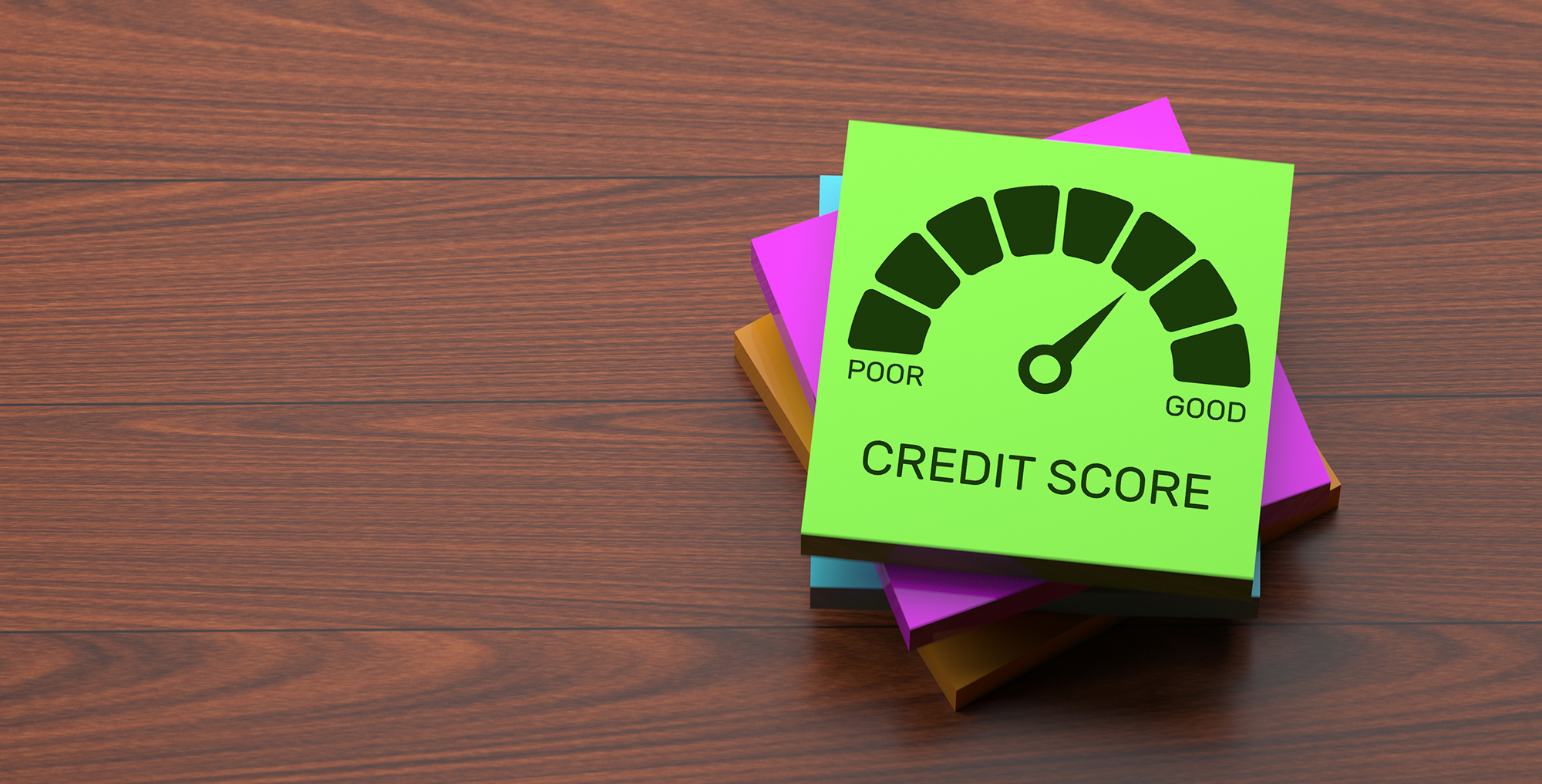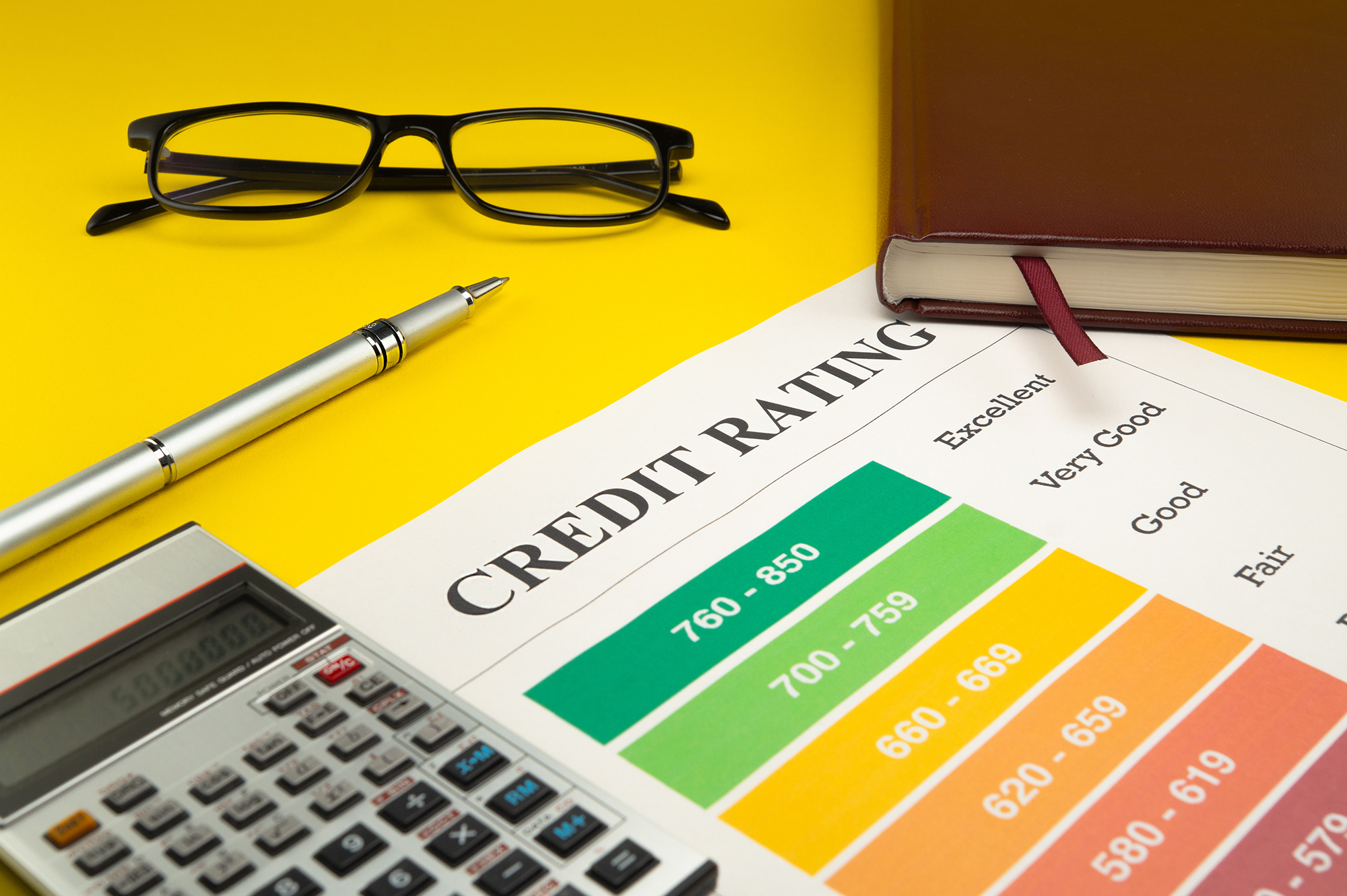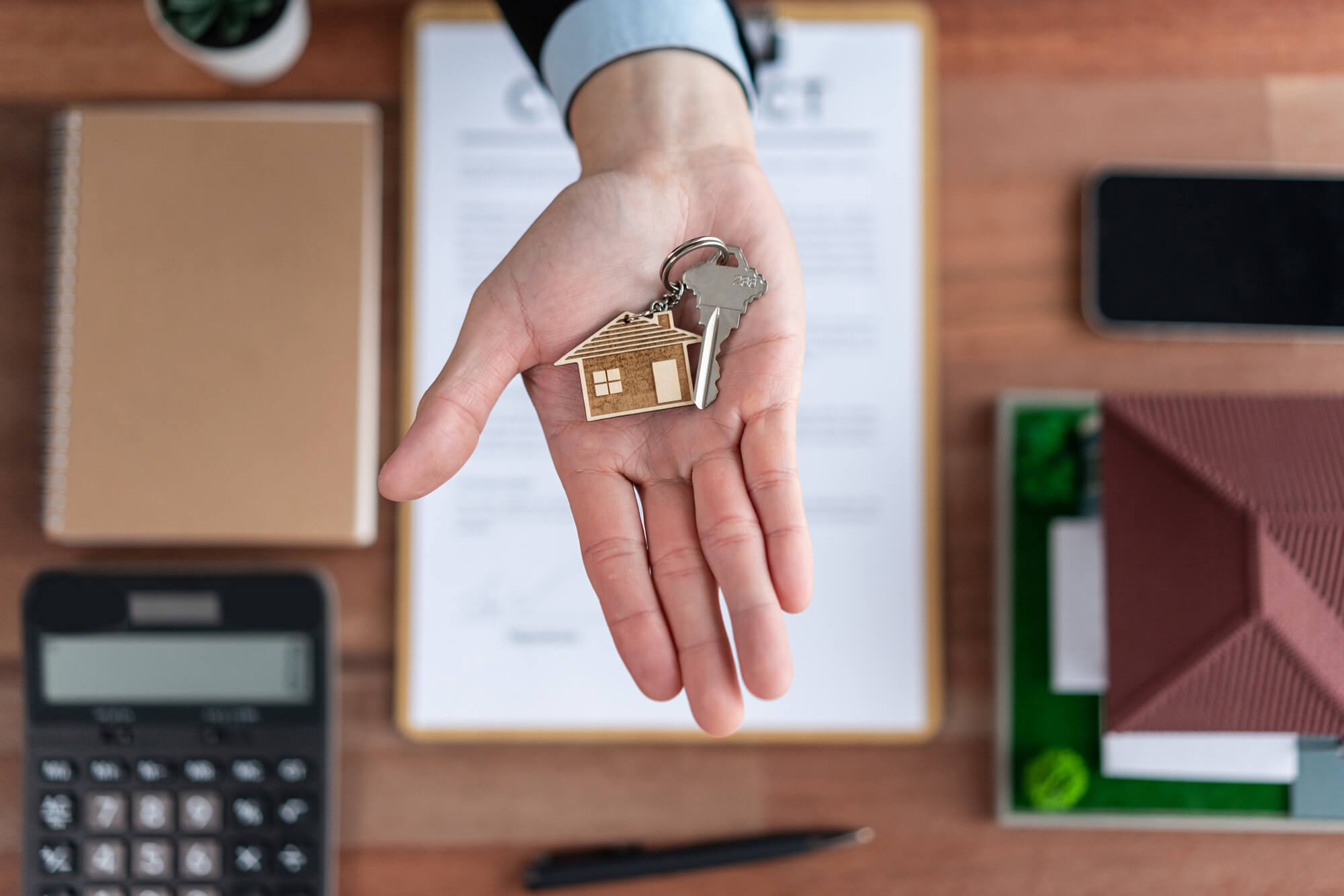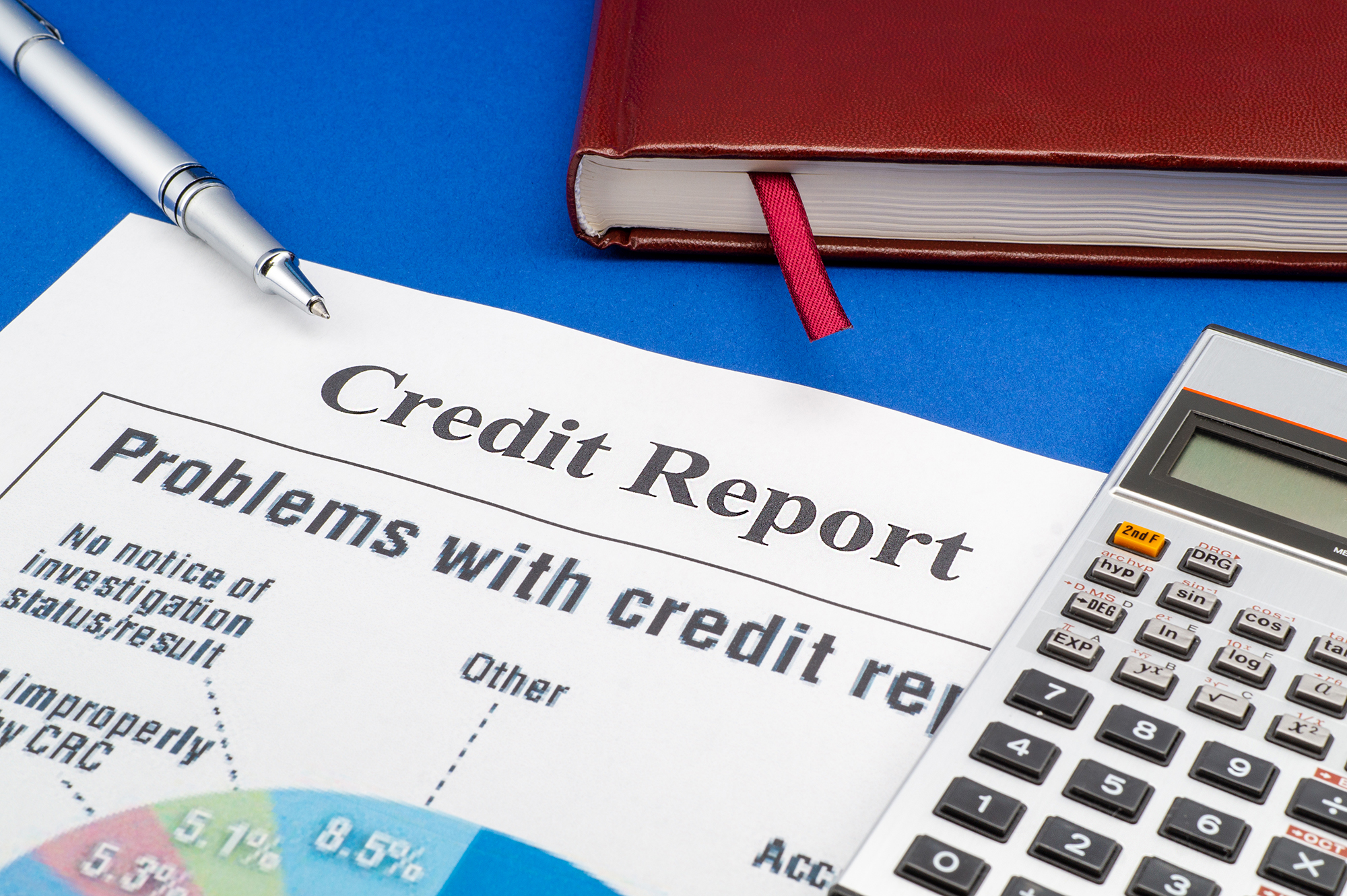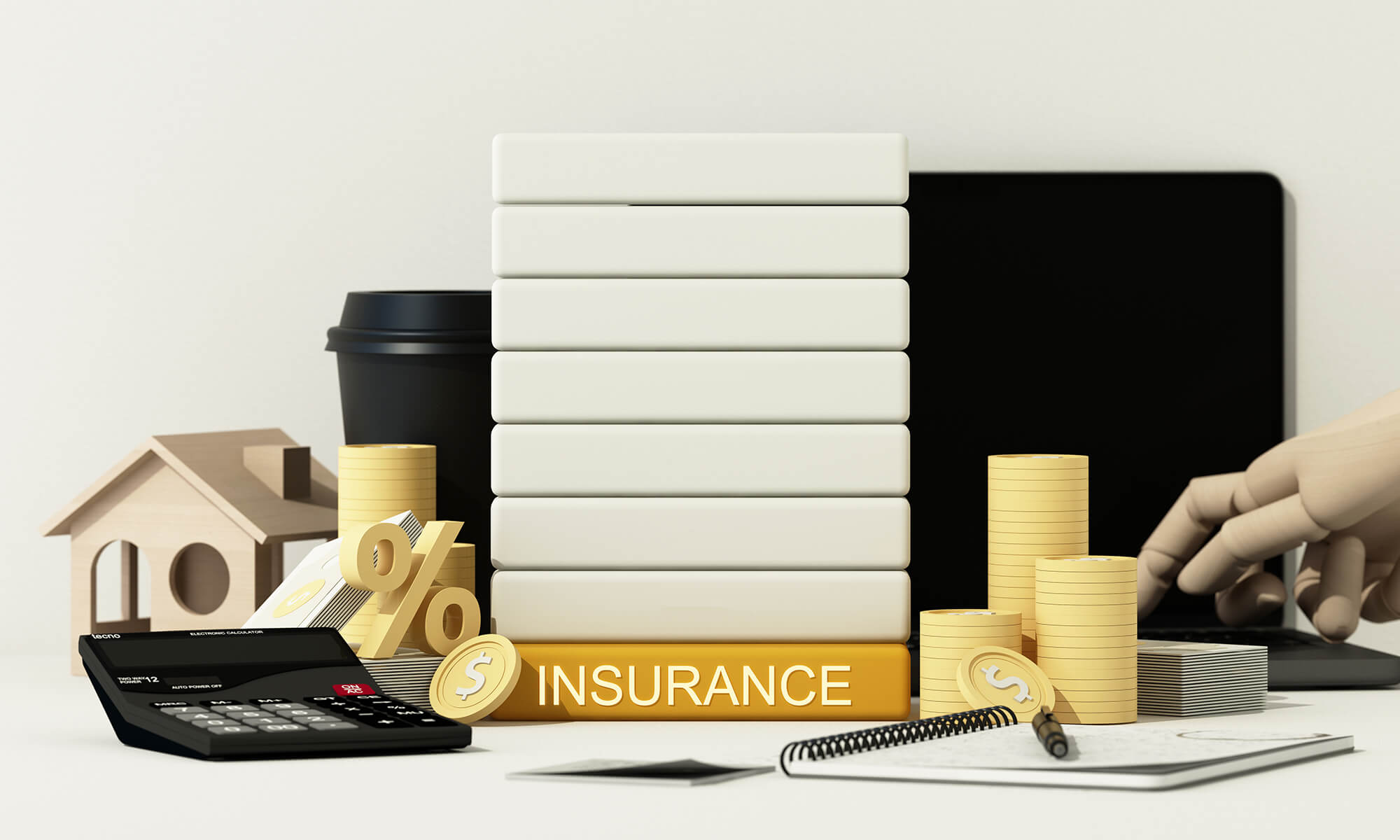The Risks
- Home Loss: The most significant risk associated with a second mortgage is the potential loss of your home. If you default on the loan, the lender has the right to foreclose on your property.
- Financial Strain: Taking on additional debt can be burdensome and worsen your financial health, especially if you already have other loans or financial commitments.
- Variable Costs: For HELOCs with variable interest rates, your payments could increase over time, adding financial strain.
- Closing Costs and Fees: These additional charges can be considerable and add to the overall cost of the loan.
Alternative Solutions
- Cash-Out Refinance: This involves refinancing your primary mortgage for more than you owe and taking the difference in cash. This option could offer lower interest rates but also restarts the clock on your mortgage repayment.
- Personal Loans or Unsecured Loans: These do not require collateral but usually come with higher interest rates.
- Family and Friends: In some cases, borrowing from a trusted family member or friend can be a less risky option, but it’s crucial to make formal agreements to avoid misunderstandings.
- Savings and Investments: Sometimes it may be more beneficial to tap into savings or liquidate investments, depending on the costs associated.
Summary
Second mortgages can be a viable financial solution but come with inherent risks. Before proceeding, it’s vital to weigh these risks against the benefits and consider alternative options that may be more suitable for your financial situation. Conduct thorough research and consult with financial advisors to make an informed decision.

